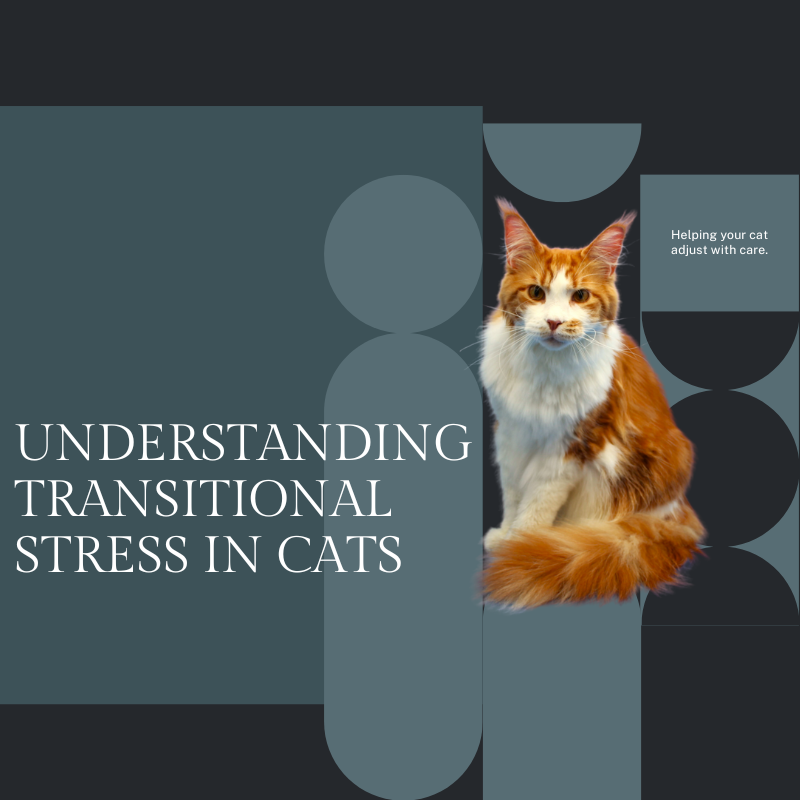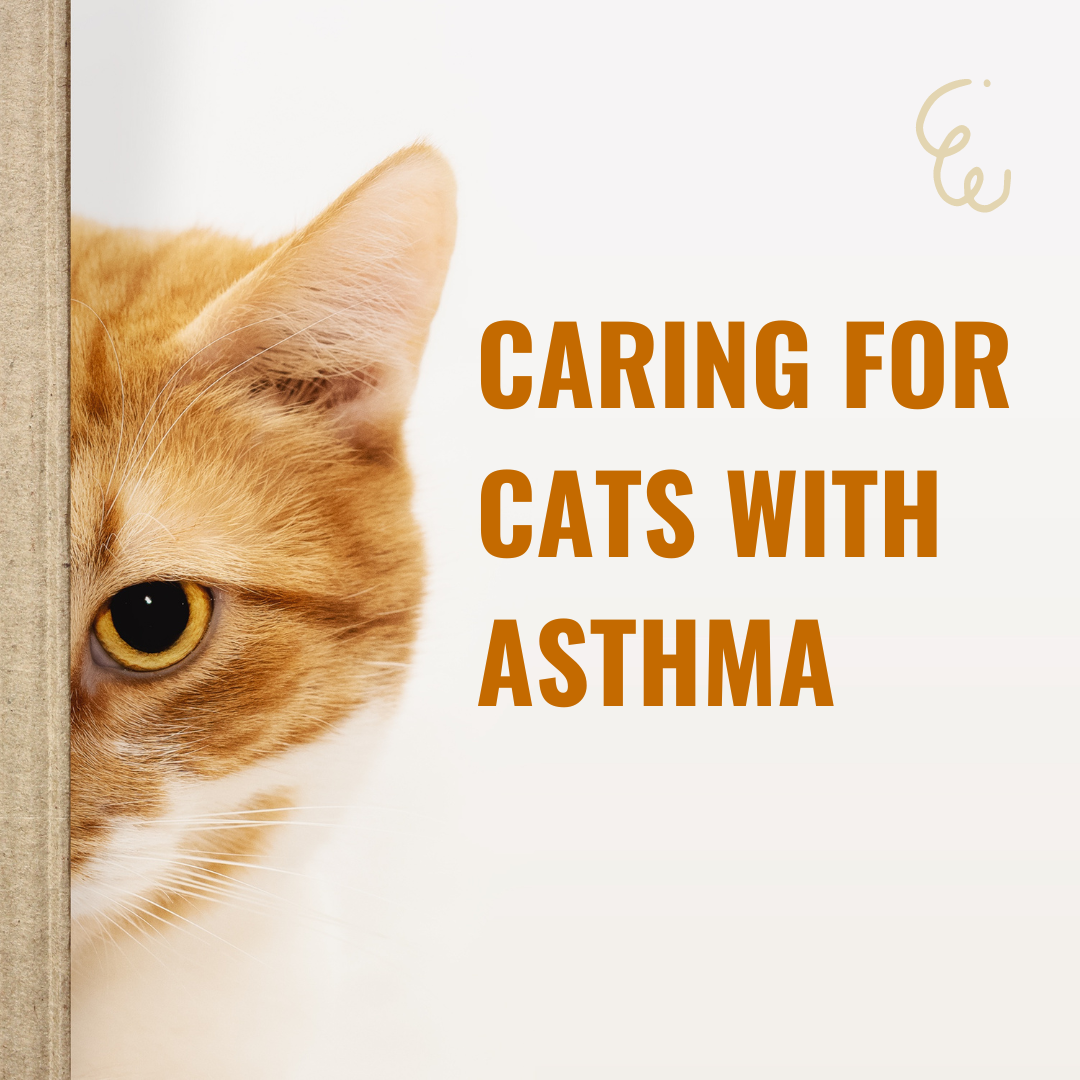Helping Your Cat Adjust After Boarding: Recognizing and Addressing Transitional Stress
Ensuring your cat’s well-being after a boarding experience is crucial. Just like people, cats can be sensitive to changes in their environment, which might lead to stress. Understanding the physical signs of stress in cats can help you provide the care they need to readjust comfortably.
What is Transitional Stress Response?
Transitional Stress Response occurs when cats show physical signs of stress after returning home from boarding. This response varies from cat to cat, but common symptoms include:
- Low Appetite
- Nausea / Vomiting
- Dehydration
- Diarrhea or Constipation
Addressing Signs of Stress
If your cat is showing signs of a Transitional Stress Response, providing extra one-on-one time and tender loving care (TLC) can often help them feel better. However, in some cases, veterinary intervention might be necessary.
When to Seek Help
It’s important to contact both us and your veterinarian if you notice your cat experiencing these physical signs of stress. We can provide helpful information from your cat’s stay, and your veterinarian can offer guidance on how to quickly alleviate symptoms. Fortunately, veterinary interventions for relieving stress symptoms are usually straightforward, and cats often feel better quickly.
The Importance of Not Ignoring Stress Signs
While most cats do not experience a Transitional Stress Response, it’s crucial not to downplay the significance of stress symptoms when they do occur. Ignoring these signs can lead to worsening conditions. If you think your cat is experiencing stress, seeking advice from your veterinarian is the best course of action to ensure your cat’s well-being.
Identifying High-Risk Cats
Even cats that seemed to handle boarding well can develop signs of stress after returning home. Cats that are more likely to show a Transitional Stress Response include:
- Kittens
- Cats with anxiety
- Cats with untreated or advanced underlying conditions
- Cats experiencing concurrent changes at home (e.g., moving, loss of a companion pet, recent adoption, change in family structure or routine)
Making Each Boarding Experience Better
Each boarding experience teaches us more about your cat’s preferences and needs. Small adjustments can often lead to a more successful stay. For some cats, in-home visits might be a better alternative. Our in-home cat sitting program can provide personalized care in the comfort of your cat’s familiar environment, helping to reduce stress in future care situations.
By being attentive to your cat’s needs and working closely with your veterinarian, you can help ensure your feline friend remains happy and healthy after their boarding experience.



